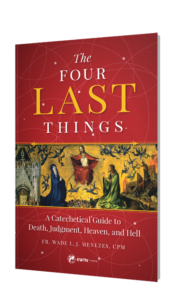Podcast: Play in new window | Download (Duration: 28:16 — 19.5MB) | Embed
Subscribe: Apple Podcasts | Spotify | Amazon Music | Android | Pandora | iHeartRadio | JioSaavn | Podchaser | Gaana | Podcast Index | Email | TuneIn | Deezer | Anghami | RSS | More

Christ the King and the Victory of Jesus – Building a Kingdom of Love with Msgr. John Esseff
In this episode of Building a Kingdom of Love, Msgr. John Esseff reflects on the Solemnity of Christ the King. He turns to the Gospel of Luke to show how Jesus reigns from the cross, victorious in love. Msgr. Esseff explains that Christ conquers sin through his mercy, conquers the devil through his authority, and conquers death through the glory of his Resurrection. He shares personal experiences from mission work around the world and encourages listeners to trust in the power of Jesus rather than fear evil. With Kris McGregor, he discusses how Christ brings divine order to creation and how each baptized person has a distinct mission within the Body of Christ. The episode closes with hope in the eternal life promised to all who live in Christ.
Discerning Hearts Reflection Questions
-
Where do I need to invite Christ to bring his mercy into my life right now?
-
What fears about evil or darkness do I need to surrender to the authority of Jesus?
-
How is Christ asking me to participate in the life and mission of the Church today?
-
How does the kingship of Christ shape the way I view suffering, death, and eternal life?
-
What role has God entrusted to me within the Body of Christ at this moment of my life?
Msgr. John A. Esseff is a Roman Catholic priest in the Diocese of Scranton. Msgr. Esseff served as a retreat director and confessor to St. Teresa of Calcutta. He continues to offer direction and retreats for the sisters of the Missionaries of Charity around the world. Msgr. Esseff encountered St. Padre Pio, who would become a spiritual father to him. He has lived in areas around the world, serving in the Pontifical missions, a Catholic organization established by Pope St. John Paul II to bring the Good News to the world, especially to the poor. Msgr. Esseff assisted the founders of the Institute for Priestly Formation and continues to serve as a spiritual director for the Institute. He continues to serve as a retreat leader and director to bishops, priests and sisters and seminarians, and other religious leaders around the world.

 What a delight to be joined once again by Dr. James Papndrea, especially to discuss his book “What Really Happens After We Die: There Will Be Hugs in Heaven.” In part 2 of this podcast, we discuss Heaven and the reality of Hell.
What a delight to be joined once again by Dr. James Papndrea, especially to discuss his book “What Really Happens After We Die: There Will Be Hugs in Heaven.” In part 2 of this podcast, we discuss Heaven and the reality of Hell.
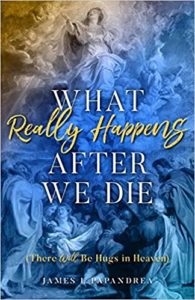
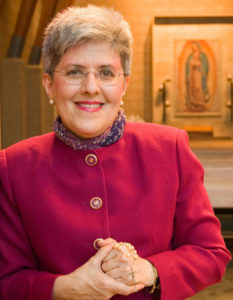
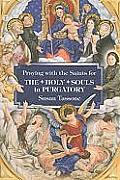
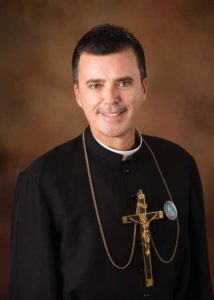 With the incredible Fr. Wade Menezes we discuss “The Four Last Things: A Catechetical Guide to Death, Judgment, Heaven, and Hell.”
With the incredible Fr. Wade Menezes we discuss “The Four Last Things: A Catechetical Guide to Death, Judgment, Heaven, and Hell.”
